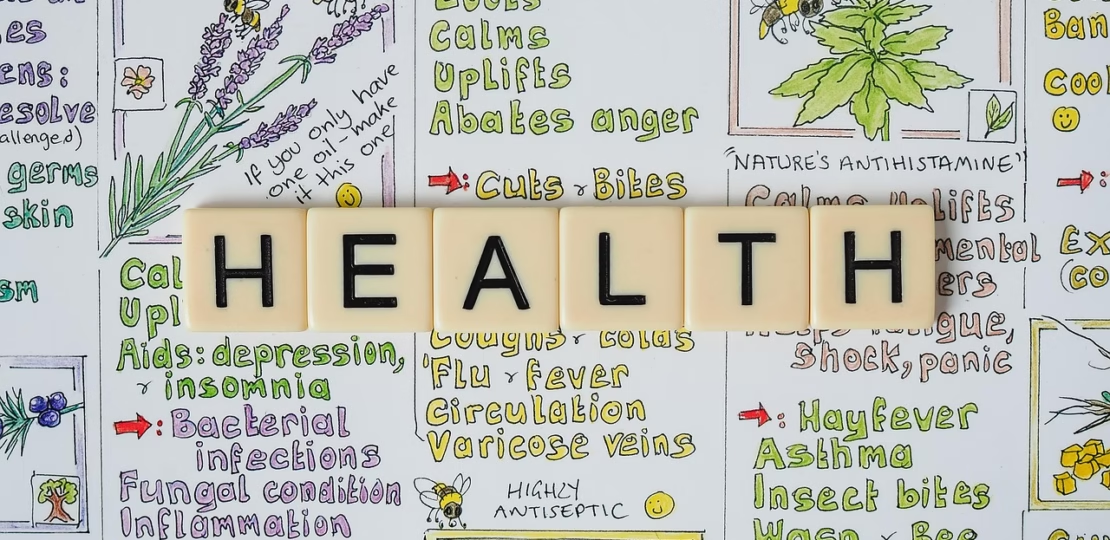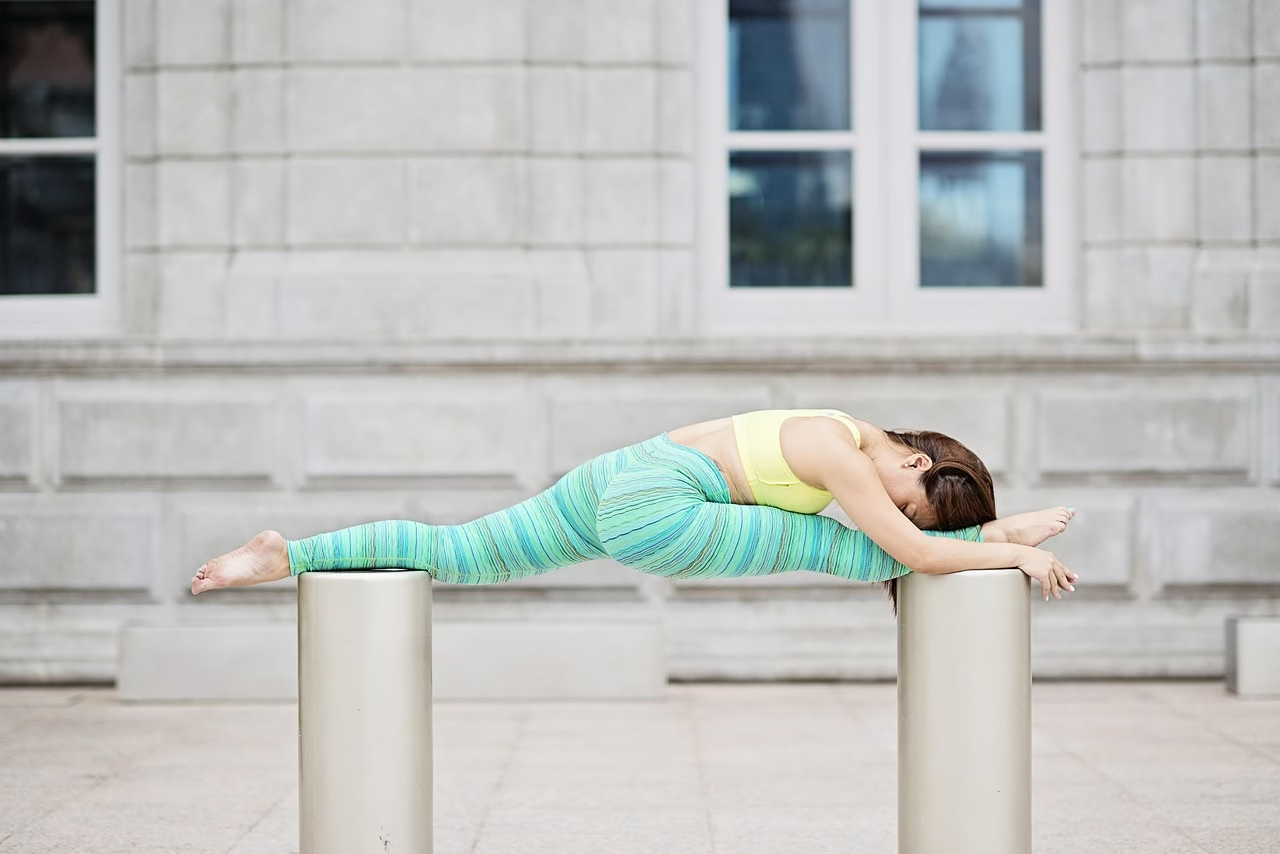“The Tyranny of ‘Teenage Wellness’: Examining the Pressure o
August 16, 2025 | by Rachel Bloom

The Tyranny of ‘Teenage Wellness’: Examining the Pressure of Wellness Culture on Adolescents
In our modern world, wellness has become a dazzling beacon of hope—a promise of health, happiness, and balance. But as someone who has dedicated years to exploring the intricate dance between mental health, nutrition, and lifestyle, I have witnessed a concerning trend: wellness culture, once a personal garden of healing, has morphed into a strict regime for many adolescents. In this evolving landscape, teens are navigating a new kind of pressure—an invisible yet suffocating tyranny to be well, perfect, and perpetually “in control.” It’s a paradox that deserves our compassionate attention.
The Glittering Mirage of Wellness Culture
Wellness culture touches every corner of our lives, promising clean eating, mindfulness, self-care rituals, and vigorous exercise as the gateway to a fulfilled existence. On Instagram and TikTok, teens see influencers who radiate vitality and promise that following certain diets, morning routines, or workout regimens will unlock a flawless version of themselves. But what many outside these polished moments don’t see are the internal struggles—the insecurities, anxious comparisons, and exhaustion triggered when “wellness” feels like a never-ending checklist.
“When wellness becomes a mandate rather than a mindful choice, it can quietly chip away at a young person’s sense of freedom and joy.”
The Double-Edged Sword of Perfectionism
Adolescence is inherently a time of self-discovery, vulnerability, and growth. However, injecting the relentless pursuit of wellness ideals adds another layer of pressure. Teens might feel compelled to conform to strict dietary rules, constantly monitor their mental states, or engage in exercise not for enjoyment, but as a form of self-punishment or validation. The very practices that are meant to nourish can instead create a cycle of guilt and shame when the “perfect” standards are not met.
Research in adolescent psychology has long linked perfectionism to increased rates of anxiety, depression, and burnout. When this perfectionism is fueled by social media’s polished wellness narratives, the consequences ripple deeper, eroding self-esteem and fostering a sense of inadequacy, rather than empowerment.
Wellness Beyond Aesthetic: Cultivating Compassion and Flexibility
So how can we, as caregivers, educators, and healthcare professionals, gently dismantle this tyranny? The answer lies in shifting narratives away from extremes and toward compassion, curiosity, and self-acceptance. Wellness is not a rigid endpoint but a lifelong journey filled with ebbs and flows that honor the whole human experience—including imperfections.
Encouraging teens to listen to their bodies without judgment, to enjoy movement without pushing for unattainable goals, and to embrace food as nourishment rather than as a source of anxiety promotes a more resilient form of wellness. Mental health practices can be framed not as fixes but as conversations with oneself—sometimes messy, sometimes soothing, always evolving.
The Role of Community and Intentional Awareness
Creating spaces where adolescents feel safe to express their struggles, doubts, and questions about wellness can be profoundly healing. Peer support groups, open dialogues with trusted adults, and media literacy education about the realities behind influencer culture all contribute to building a healthier relationship with wellness ideals.
In this rapidly changing cultural landscape, awareness is the cornerstone. By acknowledging the pressures teens face and validating their experiences, we pave the way for more authentic connections and healthier futures.
A Final Reflection
The tyranny of teenage wellness is a symptom of a world eager for quick fixes and flawless appearances. But beneath the surface, teens crave understanding, kindness, and freedom to navigate their unique stories. As a community, our gentle challenge is to replace rigid wellness demands with nurturing practices that honor growth, resilience, and the beautiful complexity of being human.
In cultivating this balance, we nurture not just wellness, but true well-being—both for our adolescents and for ourselves.
— Dr. Rachel Bloom

RELATED POSTS
View all



